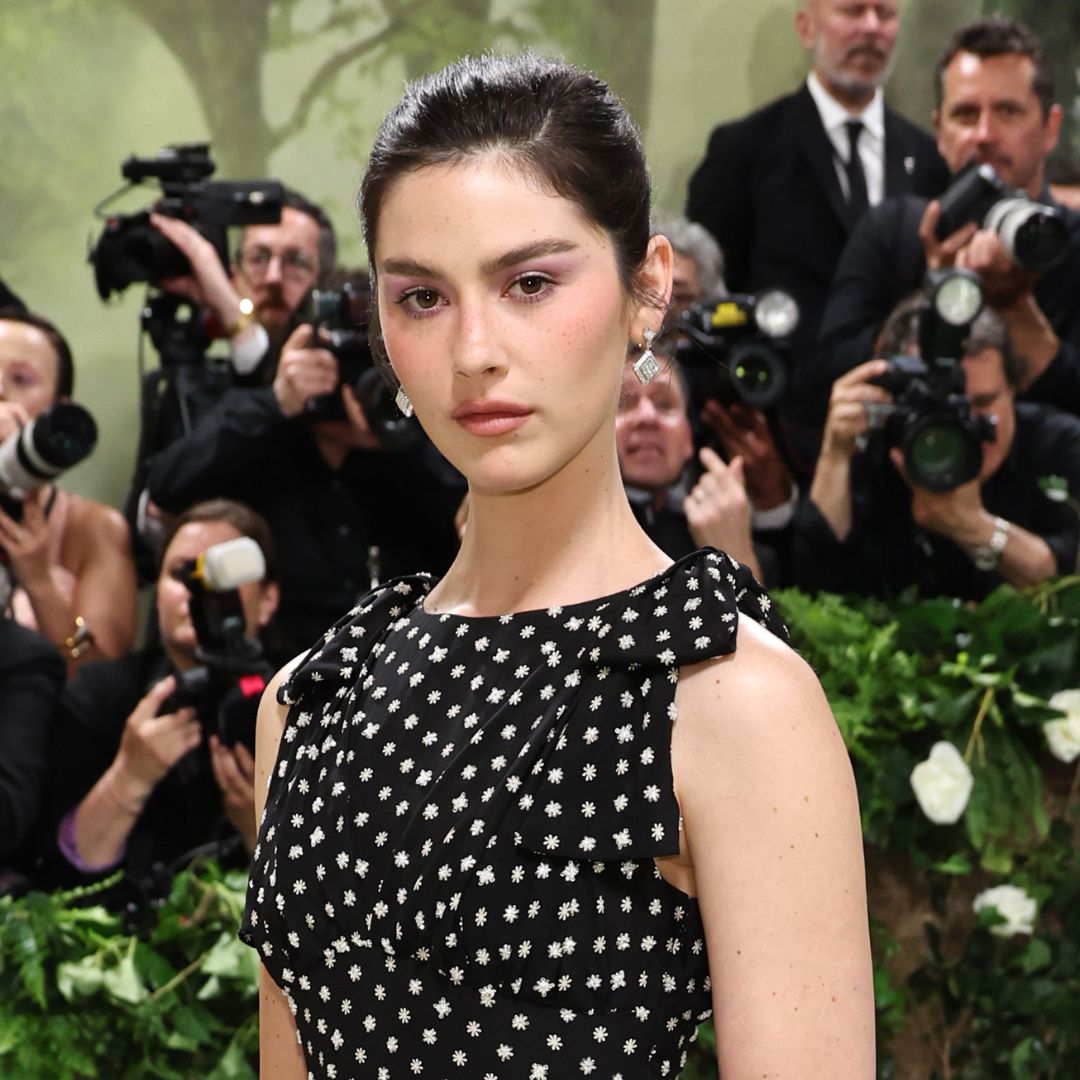10 Of The Best Free Kindle Ebooks To Download For The Commute
Don't read them because they're free, read them because they're AMAZING
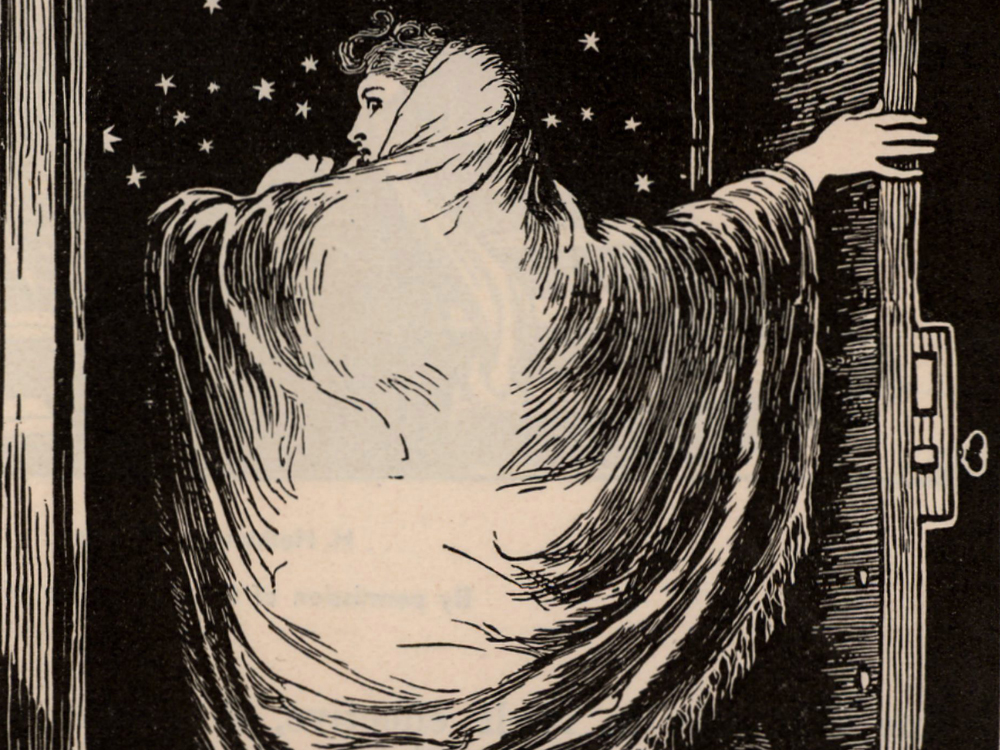
Don't read them because they're free, read them because they're AMAZING
We love the feel of paper between our fingertips and the weight of a trusted hardback on our laps, but buying a new book can often feel like a financial stretch - especially right before pay day. Thankfully we live in a digitised world where some of the best classics are now available for free - you just have to know where to look. And what to pick.
As Nora Ephron once wrote: 'Reading is escape, and the opposite of escape; it's a way to make contact with reality after a day of making things up, and it's a way of making contact with someone else's imagination after a day that's all too real.' We couldn't agree more. If you're anything like us, we depend on our e-readers. They help us escape into others' imaginary worlds, especially after a hard day's work.
You don't have to be rolling in money to enjoy a good book and we've got the ultimate list to prove it. Here are some wonderful reads that are waiting patiently for you to download as we type. All it takes is a click of a button - and you don't even need your debit card.
Don't read them simply because they're free, read them because they're amazing. Here are our top picks of the best free kindle reads...
The Woman In White, Wilkie Collins (1859)
'Men! They are the enemies of our innocence and our peace – they drag us away from our parents’ love and our sisters’ friendship – they take us body and soul to themselves, and fasten our helpless lives to theirs as they chain up a dog to his kennel. And what does the best of them give us in return?' On a dark and gloomy night, under a starless sky, Walter Hartright's story begins. When a ghostly apparition - a woman in white - suddenly appears on the road to Hampstead, far more questions are raised than answered. If you haven't succumbed to the masterly suspense of Wilkie Collins yet, we suggest you download this classic immediately. Often overshadowed by friend-and-colleague, Charles Dickens, Collins' sensational novels do something Dickens could never manage: create independent, spirited women who defy the gender stereotypes of the Victorian era. Our heroine, Marian Halcombe, is no exception. This is arguably his finest work. Collins weaves a translucent spell so enchanting, it'll leave you hungry for more.
The Yellow Wallpaper, Charlotte Perkins Gilman (1892) 'At night in any kind of light, in twilight, candlelight, lamplight, and worst of all by moonlight, it becomes bars! The outside pattern, I mean, and the woman behind it is as plain as can be.'
These 6,000 words won't take you long to read but it will linger long after you put it down. This is a must-read for any woman with an interest in feminism and women's emancipation. Suffering after the birth of her child, a young woman is suffering at home - the yellow wallpaper in her bedroom a symbol of her domestic entrapment in a patriarchal society that doesn't understand her. It's a powerful text that speaks as clearly today as it did in the 19th Century. Without Gilman, there would be no Sylvia Plath. The Yellow Wallpaper is still considered a feminist masterpiece.
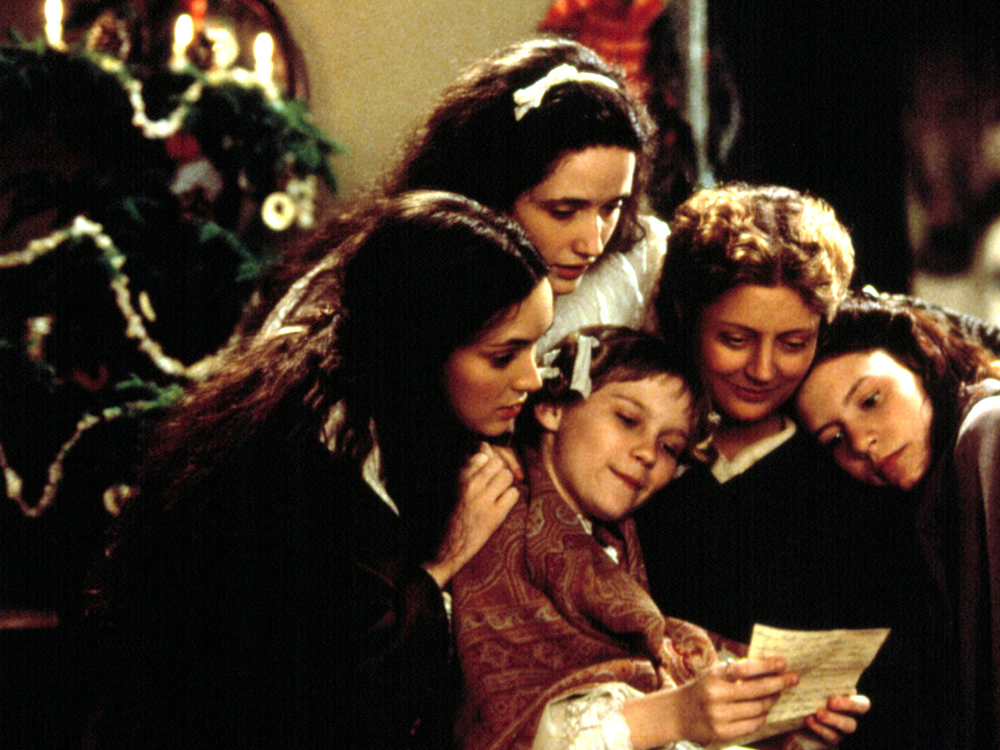
Little Women, Louisa May Alcott (1868)
'You are the gull, Jo, strong and wild, fond of the storm and the wind, flying far out to sea, and happy all alone.'
In 1868, a book publisher asked Louisa May Alcott to write a book for girls that would have widespread appeal. 'I said I'd try', she wrote in her journal. What followed soon made Alcott a literary sensation. Following the lives of four sisters as they journey through adolescence into adulthood during the American Civil War, Little Women has since become a key feminist text. Spirited sister Jo March, in particular, steals our heart as the aspiring writer with dreams of breaking free from society's gender ties. Louisa May Alcott was writing from experience. A feminist herself, Alcott's stories helped fuel debate around women's rights and is still treasured by readers today.
The Tenant Of Wildfell Hall, Anne Brontë (1848)
'But smiles and tears are so alike with me, they are neither of them confined to any particular feelings: I often cry when I am happy, and smile when I am sad.'
It's easy to neglect Anne Brontë in favour of her sisters, Emily and Charlotte, and it's a heartbreaking shame. The Tenant of Wildfell Hall is arguably the most modern and revolutionary of any of the Brontë novels, and yet it too often gets forgotten alongside the evocative romanticism of Jane Eyre and Wuthering Heights. Not here, oh no. We're here to sing the praises of Anne's second and final novel. It's unbelievable to think this story was written in the 1840s. The Tenant of Wildfell Hall depicts a strong and independent woman who would rather leave her husband than submit to his abusive authority. This break in Victorian values is utterly radical when you consider Anna was writing at a time when a wife had no individual existence under English law. It is a brave and daring work.
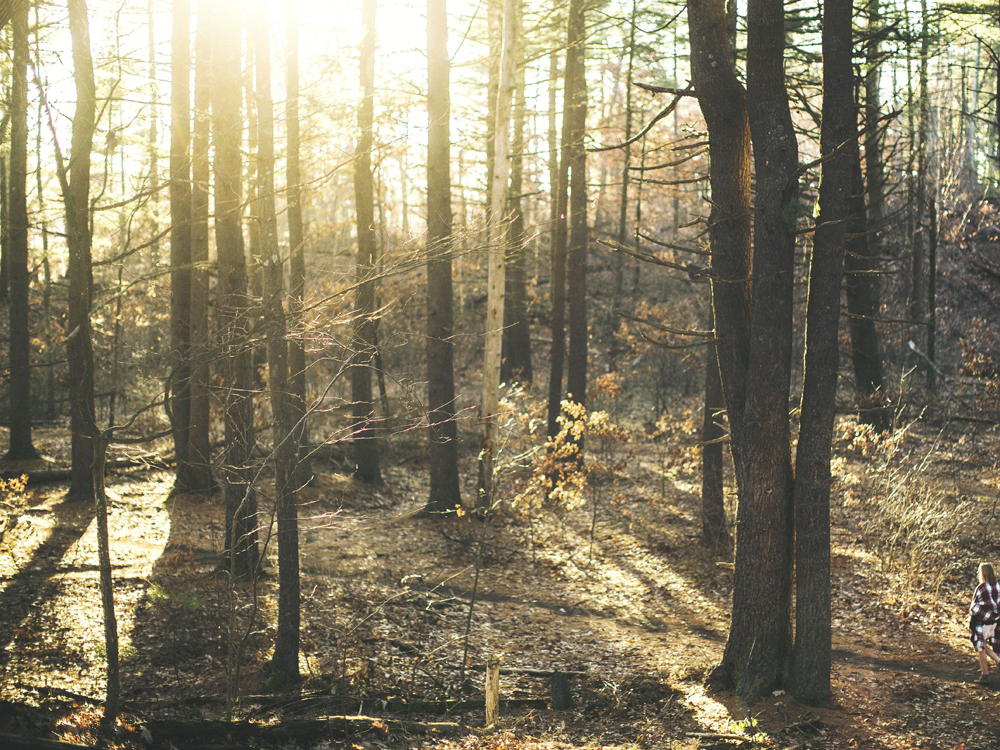
Walden; or, Life in the Woods, Henry Thoreau (1854)
'I went to the woods because I wished to live deliberately, to front only the essential facts of life, and see if I could not learn what it had to teach, and not, when I came to die, discover that I had not lived.'
If you're in the mood for some enlightened transcendental musings, look no further than Thoreau's personal reflections in Walden. It doesn't get much more introspective than this: Thoreau spent two months and two days in a cabin he built on woodland owned by his friend and mentor, Ralph Waldo Emerson, near Concord, Massachusettes. Immersing himself in nature, Walden explores existential questions that remind us of every Terrence Malick movie we've ever watched. Thoreau's spiritual journey might not be for everyone, but those with an interest in philosophy will relish his wilful isolation.
Anna Karenina, Leo Tolstoy (1877) 'Sometimes she did not know what she feared, what she desired: whether she feared or desired what had been or what would be, and precisely what she desired, she did not know.' Fyodor Dostoyevsky considered it 'flawless as a work of art.' The world still agrees and regularly awards it top placing in its polls. Anna Karenina is an emotional, gutwrenching read - a traumatic tale about infidelity. When socialite Anna Karenina has an affair with Count Vronsky, she sets in motion a catastrophic sequence of events that will ultimately lead to her downfall. This one's guaranteed to have you bawling by the closing chapter...
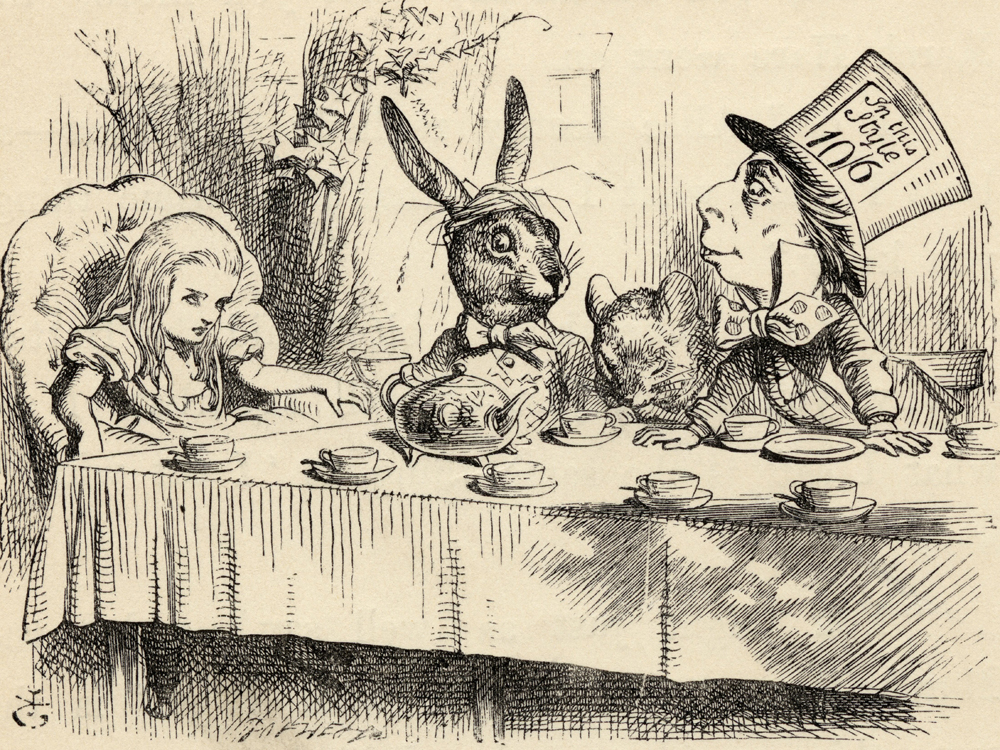
Alice's Adventures In Wonderland, Lewis Carroll (1865)
“But I don’t want to go among mad people," Alice remarked. "Oh, you can’t help that," said the Cat: "we’re all mad here. I’m mad. You’re mad." "How do you know I’m mad?" said Alice. "You must be," said the Cat, "or you wouldn’t have come here.”
This children's classic is celebrating its 150th anniversary this year - what better way to mark 150 years of mad tea parties, grinning cheshire cats, talking rabbits and smoking caterpillars than by reading it all over again. It's a psychedelic tale that never ages - in fact, it arguably holds more symbolism for us as we steer ourselves through adulthood. We can't think of a better way to while away our time on our commute than losing ourselves down the rabbit hole with Alice and exploring Carroll's nonsensical Wonderland. Or maybe it makes more sense that we originally thought...
Tess Of The D'Urbervilles, Thomas Hardy (1891)
Arguably Thomas Hardy's defining novel, Tess of the D'Urbervilles is a traumatising read and yet it is also full of such beauty. At the heart of this work is Tess: a woman who is betrayed by everyone around her. At the time, Victorian critics and readers didn't know how to deal with a story that so willfully flipped their household morals on its head. As with all of Thomas Hardy's novels, his writing aches and breathes with its naturalism. Tess of the D'Urbervilles is a heartbreaking read.
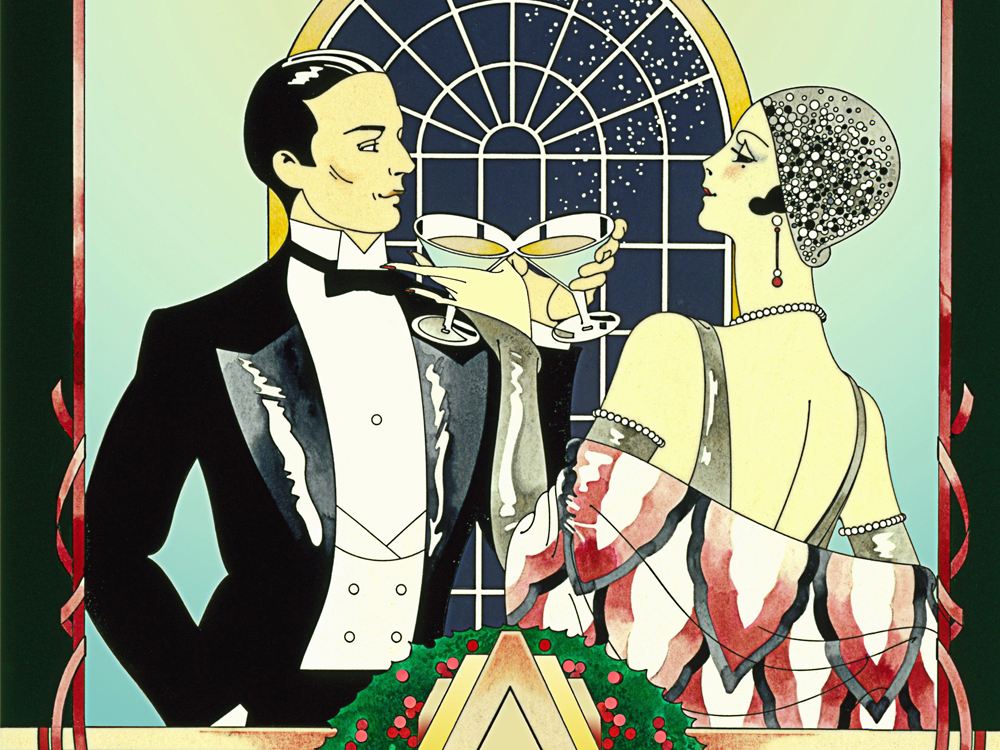
Tales Of The Jazz Age, F. Scott Fitzgerald (1922)
'At any rate, let us love for a while, for a year or so, you and me. That's a form of divine drunkenness that we can all try. There are only diamonds in the whole world, diamonds and perhaps the shabby gift of disillusion.'
If you find it hard to focus on an entire novel on the go, why not try some of the greatest short stories ever written? Fitzgerald may be known for American classic, The Great Gatsby (which, incidentally, you can also acquire for free - go, go, go!), but he actually made his name writing short-form for magazines. Theses golden nuggets feature some of his best writing and shouldn't be missed. Tales of the Jazz Age is an early collection of eleven stories that include legendary titles 'The Diamond as Big as The Ritz 'and 'The Curious Case of Benjamin Button'. In 1922 Fitzgerald's star was rising - his words here are a flash of sheer brilliance and these jazz age tales are simply wonderful.
Great Expectations, Charles Dickens (1861) '"Hold your noise!” cried a terrible voice, as a man started up from among the graves at the side of the church porch. “Keep still, you little devil, or I’ll cut your throat!"'
Charles Dickens' thirteenth novel (and our personal fave), Great Expectations is a dark tale that follows orphan boy, Pip, as he rises out of poverty to become a gentleman. But just who is his mysterious benefactor? And what secrets do they hold? Great Expectations has it all to keep its readers enthralled: terrifying graveyards, escaped convicts, unrequited love and - best of all - Miss Havisham in her decaying wedding dress, one of the greatest literary characters ever created. Dynamite.
Marie Claire Newsletter
Celebrity news, beauty, fashion advice, and fascinating features, delivered straight to your inbox!
The leading destination for fashion, beauty, shopping and finger-on-the-pulse views on the latest issues. Marie Claire's travel content helps you delight in discovering new destinations around the globe, offering a unique – and sometimes unchartered – travel experience. From new hotel openings to the destinations tipped to take over our travel calendars, this iconic name has it covered.

